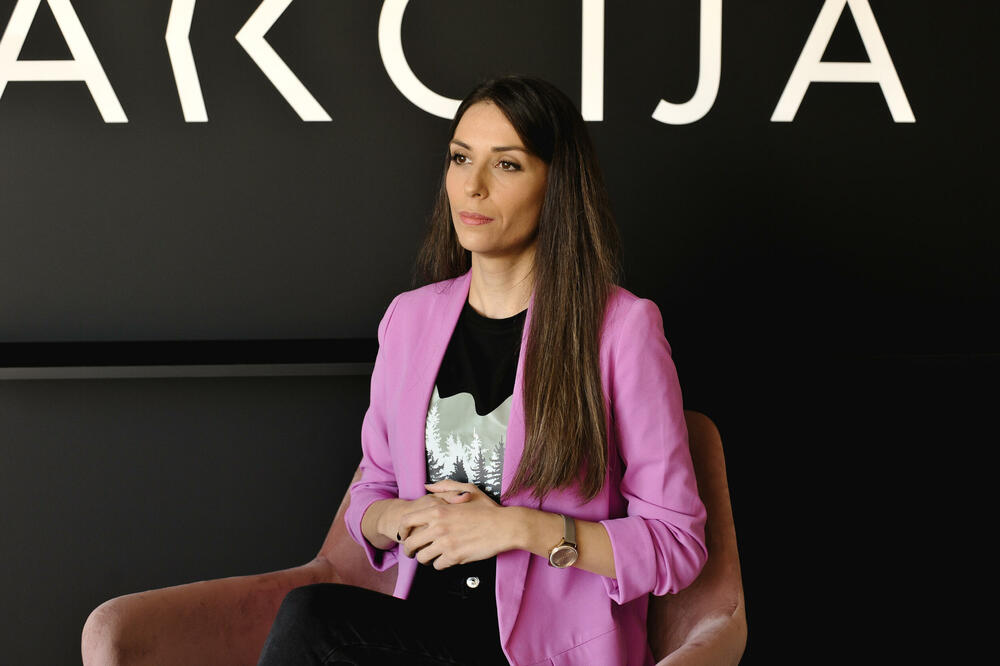The last week of the parliamentary election campaign on social media was predominantly positive and focused on economic rather than identity issues, with the occasional use of an anti-Western but not anti-EU narrative.
This was shown by the monitoring of 22 individual Facebook pages of the parties that participated in the parliamentary elections, during which the team of the Center for Democratic Transition (CDT) evaluated more than 600 posts on official party accounts during the last week of the campaign, from the 4th to the 11th. .June.
The CDT announced that economic issues, such as improving the standard of living, were more prevalent than identity issues, which in the vast majority of cases were raised by national parties during the campaign.
The executive editor of the Raskrinkavanje.me portal, Jelena Jovanović, said that identity issues in the campaign could most often be seen on the page of the Bosniak Party (BS), then Prava Montenegro, which was part of the People's Coalition Složno i doka, Democratic Party of Socialists (DPS ), Social Democrats (SD), Free Montenegro.
"The Movement for Change (PZP), Movement Europe Now, DPS, and members of the coalition Hrabro se broji - Demokratska Crna Gora and Civic Movement URA spoke most often about economic issues during the monitoring," said Jovanović.
During the campaign, as she stated, no anti-EU narratives were observed, that is, all the participants in the election expressed positive views about the EU.
Jovanović said that, nevertheless, there were anti-Western narratives, dominantly in the publications of the coalition For the Future of Montenegro.
"The anti-Western narratives contained claims that foreign embassies manage other parties and institutions in Montenegro, which is what most of the coalition's campaign was based on," the statement said.
It is stated that the pro-Western narratives in the campaign were most often represented by DPS, SD, Social Democratic Party (SDP), PzP, Liberal Party.
"DPS spoke most positively about the EU, followed by SDP, SD, BS", said Jovanović.
As she said, no pro-Russian narratives were observed during the monitoring, and some lists presented narratives that contained criticism of the authorities in Serbia, through claims that that country and its president Aleksandar Vučić want to control Montenegro.
According to Jovanović, such announcements were observed by monitoring on the pages of DPS and SDP.
She said that characteristically the campaign was positive and that the largest number of posts on the parties' Facebook pages focused on promises to citizens, not attacks on opponents.
"Of the posts from the monitoring period, 27 percent were positive, 21 percent could be labeled as negative, that is, they contained negative connotations either for the government or for political opponents, while 52 percent of the posts were neutral," said Jovanović.
She stated that DPS had the most posts rated "positive campaign", followed by SDP, Democrats and SDP.
Jovanović said that the most negative campaign content was observed on the DPS page, while SD, Evropa Sad, SDP and PzP also had similar messages.
"Monitoring was carried out with the technical and financial support of NDI, as well as assistance in establishing methodology and tools for data collection," the announcement states.
Bonus video:




